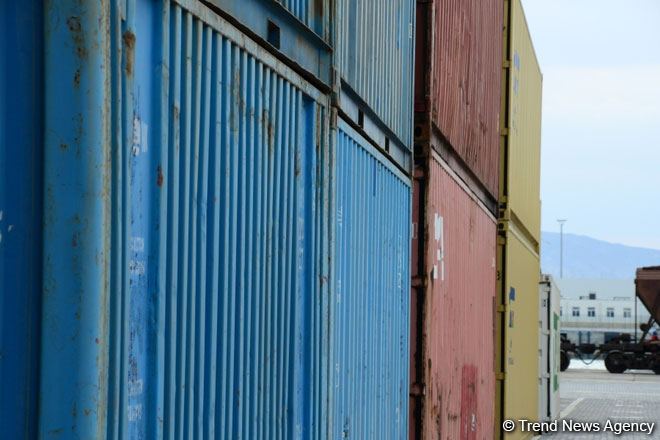BAKU, Azerbaijan, Jan.20
Trend:
The fare for transportation of Iran's export to the European Union has doubled due to import being reduced by the EU, said the head of Iran Export Confederation.
"In foreign trade and especially trade with the EU, Iranian exporters have to pay an extra fare for truck return that carry no cargo on their way back that would affect the finished price of the export commodity," said Mohammad Lahouti, Trend reports citing ILNA.
He went on to say that the fluctuation of foreign currency rate has caused many losses for importers that imported goods with higher rates and have to sell them at lower prices.
"The statistics from past nine months of the current Iranian year (started March 20, 2020) released from the customs indicate 20 percent decline of export and 16 percent drop in import comparing to last Iranian year (started March 21, 2019). The country's total export in the past nine months of the current Iranian year was $24 billion while it has imported $25 billion and the negative trade balance of $1 billion," he added.
"It seems that the conditions for a trade would improve and even opening of banking relations with the reviewing of the Financial Action Task Force (FATF) related bills in the Expediency Council and the policies that have been recently discussed by the new US President Joe Biden. If the FATF-related bills would be approved the issue of bank transfer will be solved and costs would be reduced and if the Biden administration lifts the sanction we could use Swift again," he noted.
According to Lahouti in the most optimistic prediction, Iran's non-oil export would be between $33 to 35 billion by the end of the current Iranian year that would have negative 15 percent growth compare to last Iranian year.
"About 85 percent of Iran's imported goods are commodities used in the production sector and reducing import would affect production. The government should also consider the effect of reducing foreign currency rate on exporters and production," he pointed out.






